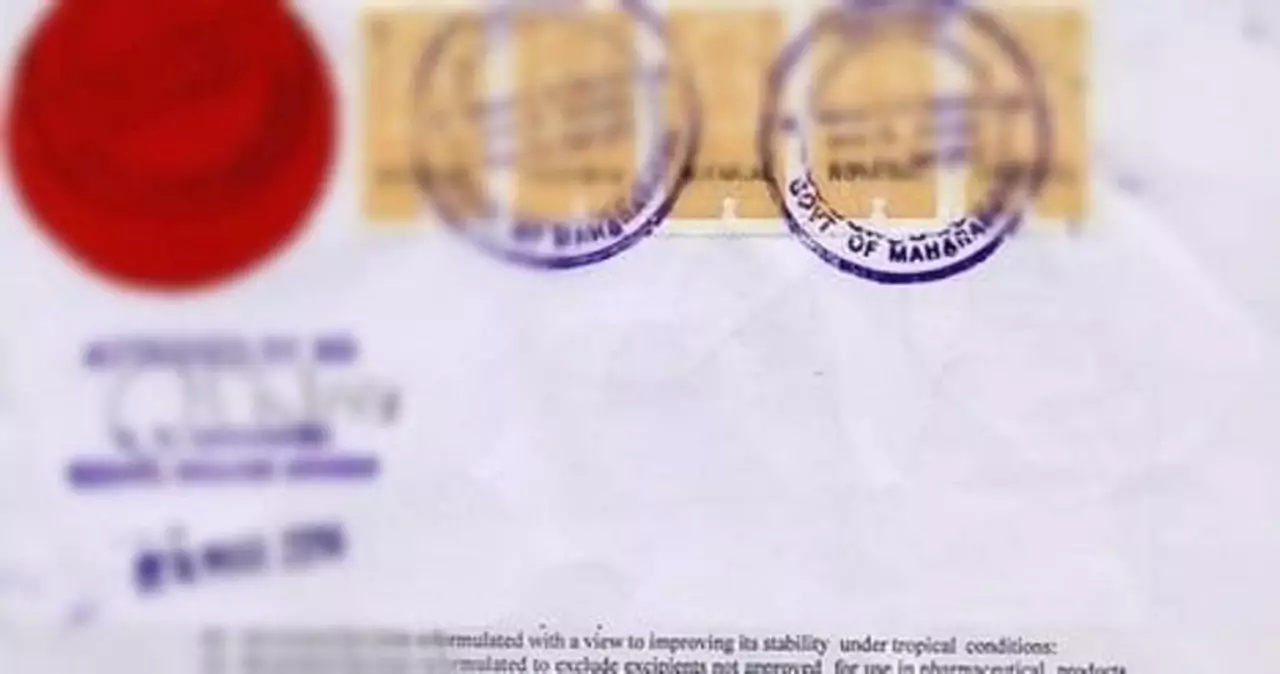Legal and Notary Services: What You Need to Know
If you’ve ever needed a document signed, witnessed, or a legal question answered, you’ve crossed paths with a notary or a lawyer. Most people think these services are expensive or hard to find, but the truth is simpler. A notary’s job is to verify signatures and certify copies, while legal services cover a broader range of advice and representation. Knowing the basics can save you time, money, and a lot of confusion.
First off, a notary public is a state‑appointed official who can administer oaths, take acknowledgments, and certify documents. The service is usually quick – think of a coffee‑shop visit that takes 15 minutes. Legal services, on the other hand, can range from drafting a simple lease to handling a courtroom case. Both are essential, but they serve different purposes.
Common Notary Fees Across States
Notary fees aren’t set by the federal government; each state decides the maximum amount a notary can charge. For example, Alabama caps the fee at $5 for an acknowledgment or oath, while other states may allow $10 or $15 for the same service. Some notaries add a small travel charge if they come to your home or office. It’s a good idea to ask up front – most will tell you their rates before you sign anything.
Besides the basic fee, you might pay extra for things like certified copies, loan signings, or notarizing a marriage ceremony. Those add‑ons can double or triple the cost, but they’re still usually under $30 total. If you’re on a tight budget, look for notarizations at banks or public libraries; they often offer free or low‑cost services.
Choosing the Right Legal or Notary Professional
When it comes to legal services, start by defining what you need. A simple contract review might only require a short consult, while a property dispute could need a full‑time attorney. Check credentials, read reviews, and ask about fees before you commit. Many lawyers offer a free initial meeting – use that to gauge if they’re a good fit.
For notary work, look for someone who’s convenient and trustworthy. Mobile notaries are handy if you can’t travel, but they may charge a mileage fee. Ask if they provide any guarantees – a reputable notary should correct any mistakes at no extra cost. Also, verify that they’re actually commissioned in your state; a quick online lookup can confirm their status.
Remember, you have the right to ask questions. “How much will this cost?” and “What does the process involve?” are perfectly normal. Clear communication prevents surprise fees and makes the whole experience smoother.
In summary, legal and notary services are more accessible than you might think. By understanding typical fee structures, knowing what questions to ask, and choosing the right professional, you can handle your paperwork confidently and affordably.

How much can a notary charge in Alabama?
In Alabama, the fees a notary can charge are regulated by state law. Typically, a notary can charge up to $5 for taking an acknowledgment or administering an oath. Additional fees may apply for other services, such as certifying copies, taking affidavits, or performing marriage ceremonies. It's important to remember that these fees are the maximum allowed, and individual notaries may choose to charge less or even offer their services for free. Always inquire about the cost beforehand to avoid surprises and ensure you're getting a fair price for the service needed.
View More